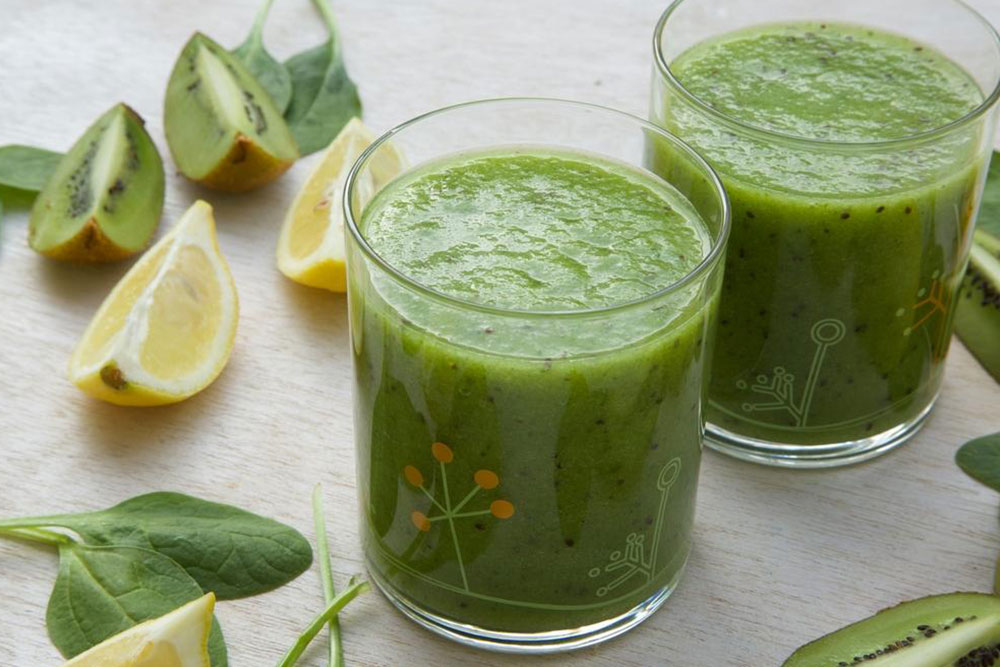Comprehensive Nutritional Approaches to Promote Healthy and Radiant Skin
Discover comprehensive nutritional strategies to improve skin health and manage skin conditions like eczema. Learn about the importance of healthy fats, colorful vegetables, and fruits, along with recent FDA-approved treatments. Enhance your skincare routine from the inside out with expert dietary tips and medical advancements.

Explore Proven Nutritional Strategies to Enhance Skin Health and Combat Skin Disorders
Skin health is an essential aspect of overall wellness, beauty, and confidence. While topical treatments and skincare routines play vital roles, nutrition is fundamental in supporting skin vitality from within. Conditions like atopic dermatitis, commonly known as eczema, can significantly impact quality of life due to persistent itching, inflammation, and skin damage. Effective management involves a holistic approach that includes medication, lifestyle modifications, and importantly, nutritional interventions. Proper dietary choices can contribute markedly to reducing inflammation, repairing skin tissue, and strengthening the skin's natural barrier.
The Power of Healthy Fats in Skin Nourishment
Incorporating healthy fats into your diet is a cornerstone of improving skin health. Omega-3 fatty acids, in particular, have been widely recognized for their anti-inflammatory properties and ability to maintain skin hydration. These fats help reduce redness, swelling, and stiffness associated with various skin conditions, including eczema and acne. Rich sources of omega-3s include fatty fish such as salmon, sardines, mackerel, and anchovies. For those following plant-based diets, walnuts, chia seeds, flaxseeds, and soy products are excellent alternatives. Regular consumption of these fats supports the skin’s lipid barrier, preventing moisture loss and enhancing resilience against environmental damage.
Eat a Rainbow of Vegetables for Skin Repair and Anti-Aging
Vegetables are packed with essential nutrients that promote skin repair and combat aging. Leafy greens, such as spinach, kale, and Swiss chard, are rich in folates, B vitamins, and antioxidants. These compounds support cellular regeneration and protect against oxidative stress. Cruciferous vegetables like broccoli, Brussels sprouts, and cauliflower are high in vitamin C, which is crucial for collagen synthesis—a protein that maintains skin elasticity and strength. Carrots, sweet potatoes, and pumpkins provide beta-carotene, which the body converts into vitamin A, vital for skin healing and renewal. Incorporating a variety of colorful vegetables into your daily diet ensures your skin receives a broad spectrum of nutrients necessary for optimal health.
Fruits That Make a Difference for Skin Glow
Fruits are natural sources of antioxidants and vitamins that bolster skin defenses. Tomatoes, rich in lycopene and vitamin C, are effective at protecting the skin from UV-induced damage and assisting collagen production. Berries, including strawberries, blueberries, and cherries, are known for their high antioxidant content, helping reduce inflammation and protect against free radical damage that accelerates aging. Oranges and bananas are nourishing options that provide essential nutrients without causing blood sugar spikes. Red grapes contain resveratrol, an antioxidant associated with anti-aging benefits, which helps neutralize free radicals and improve skin elasticity. Including a variety of fruits in your diet can significantly enhance your skin’s overall health and natural brightness.
Innovation in Eczema Treatment: FDA-Approved Solutions
Recent advancements in medical treatments offer new hope for those suffering from moderate to severe atopic dermatitis. Pfizer's CIBINQO™, an oral medication recently approved by the Food and Drug Administration (FDA), provides an effective option for managing eczema symptoms. When used as prescribed, typically once daily, CIBINQO™ can be combined with topical therapies to enhance treatment outcomes. This medication works by targeting specific inflammatory pathways in the immune system, offering relief from persistent itching, redness, and inflammation. Alongside nutritional strategies, incorporating FDA-approved treatments can significantly improve skin health, quality of life, and overall well-being for eczema sufferers.





